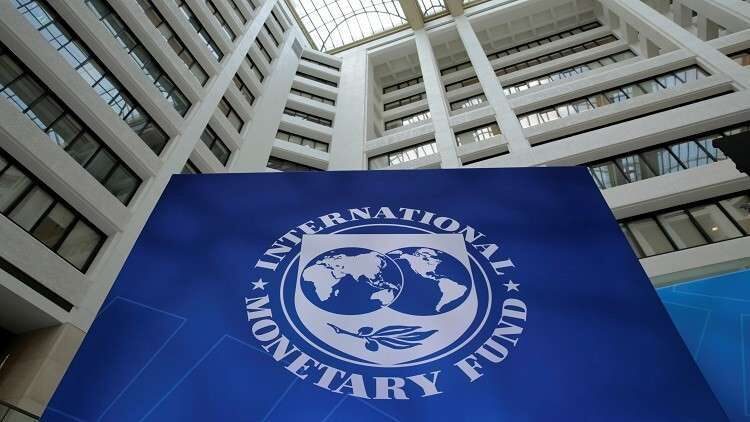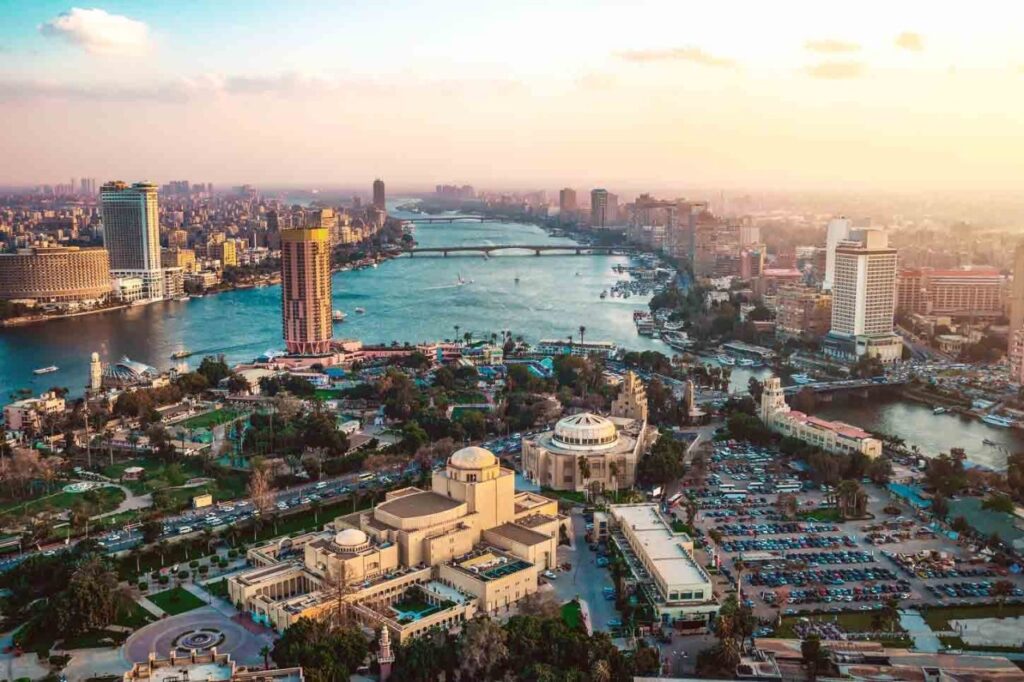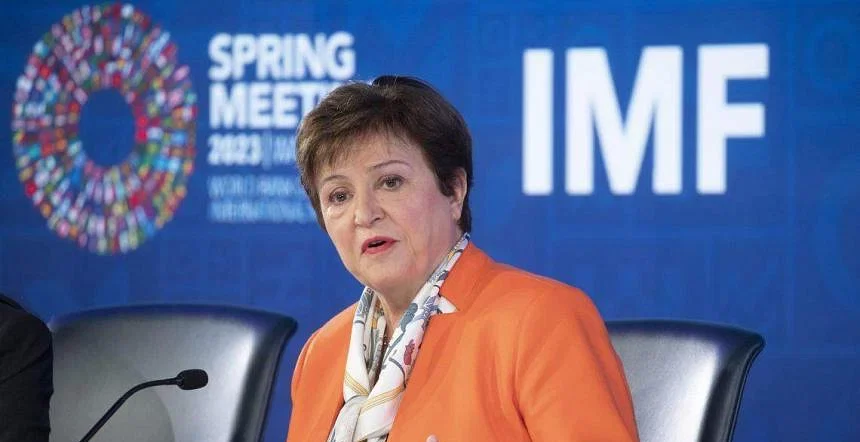Egypt’s loan deal with the International Monetary Fund (IMF) has hit a roadblock, as both sides remain silent on the progress of the loan program’s review since its approval in December, posing significant challenges for the ongoing agreement.
Uncertain progress casts doubt
The initial review of Egypt’s loan deal, which was scheduled for March 15 and then rescheduled to June 30, has been postponed to an undisclosed date. Meanwhile, the second review is currently slated for completion in September.
Business Monthly consulted experts who outlined various potential scenarios regarding the future of Egypt’s loan deal. The deal, which was approved in December and has already secured an initial tranche of $347 billion out of a total of $3 billion, is now facing uncertainty.
According to Jack A. Kennedy, research and analysis associate director at S&P Global Market Intelligence Country Risk, there has been a delay in releasing the support package from the IMF for Egypt. However, Kennedy expresses optimism that the review is highly likely to be approved either by the end of September or, at the latest, by mid-October.
“It will probably be preceded by additional currency adjustment and a rate hike. So far, there has been a little uptick in asset sales, but we would expect to see more of these ahead of the review being passed,” according to Kennedy.

In line with Egypt’s commitment to implementing a flexible regime for interest rates and the exchange rate as part of the loan deal, the Central Bank of Egypt (CBE) has raised key interest rates by 5% (500 basis points) since December. Additionally, the local currency has been devalued twice against the US dollar, resulting in a depreciation of over 20% in its value against the greenback. The government also pledged to secure $2-2.5 billion from the sales of the state-owned assets under its privatization program during the FY2022/2023 that ended June 30.
Since its announcement in March 2023, the program has seen minimal progress, with the completion of only one significant transaction. State-owned Paint and Chemicals Industries (PACHIN) was sold to the UAE’s National Paints for a total deal value of EGP 770.4 million (approximately $25 million). However, there have been no other notable developments in the program thus far.
The exchange rate between the US dollar and the Egyptian pound is currently around EGP 31 in the official market. However, in the parallel market, the rate is higher, reaching EGP 40 for larger transactions and over EGP 36 for smaller ones.
Kennedy said that the initial conditions of the support program stressed the importance of the Egyptian government adopting a flexible exchange rate, undertaking substantial privatizations to reduce the state’s involvement in the economy, and reviewing existing budgetary commitments while rebuilding foreign reserves.
“We think that a key friction point between the Egyptian government and the IMF is likely to be the requirement for the state to reduce the role of military-backed enterprises in the wider economy and to support meaningful improvement in the operating conditions for the private sector.”
Kennedy highlighted that securing IMF funding would act as a significant catalyst for attracting subsequent financial support and investment interest from supportive Gulf governments. If the government fails to implement the recommended IMF reforms in a timely manner, it could negatively impact investor confidence and hinder overall investment prospects, he warned.
“We know there are already international investor concerns around transparency and regulatory oversight for Egypt. This is especially important while the government is considering a wider privatization program. Suppose there’s no effort to devalue the currency further; in that case, there is likely to continue hesitancy from Gulf states that would otherwise be more interested in acquiring stakes in companies,” Kennedy explained. Such a scenario would pose a major obstacle to economic growth and could potentially hinder the government’s plans to develop logistics hubs around the Suez Canal. It would also impede the ongoing efforts to enhance Egyptian transport infrastructure, he added.
Potential scenarios
According to Ali Metwally, MENA economist and risk analyst at Infospectrum UK, there are two scenarios to consider for the fate of the IMF review in Egypt. In the upside scenario, successful implementation of the review will occur by the fourth quarter of 2023. However, the transition to a flexible exchange rate regime may result in temporary currency volatility, potentially lasting until the second or third quarter of 2024. Metwally further explains that this volatility could lead to consumer anxiety, dampened confidence, reduced purchasing power across the economy, a decline in government spending in real terms, and an increase in public and external debt. These factors pose significant risks for FY 2024 and 2025.

Metwally emphasized that concerns regarding the currency floating theory become significant as the already undervalued currency faces further depreciation triggered by global speculative attacks on emerging market currencies. This situation poses additional economic challenges, including the potential for record-high inflation persisting at least until the first half of 2024.
In the downside scenario outlined by Metwally, he highlighted the possibility of a delayed or canceled IMF first review until 2025. Under this scenario, the government would choose to maintain the existing exchange rate and reintroduce subsidies and social benefits to support consumers. In order to reduce the import bill and external financing requirements, the government would implement drastic measures, including significant import restrictions and notable cuts in government capital spending to limit imports of capital items. Metwally further explained that this approach, focused on satisfying immediate consumer needs rather than improving the medium to long-term economic outlook, poses a threat to global competitiveness and the ability to attract foreign investments.
Moreover, Metwally pointed out that such a strategy would result in increased operational challenges for both local and foreign businesses. This would hinder the government CBE from advancing its pro-business agenda and lead to persistently higher inflation levels.






